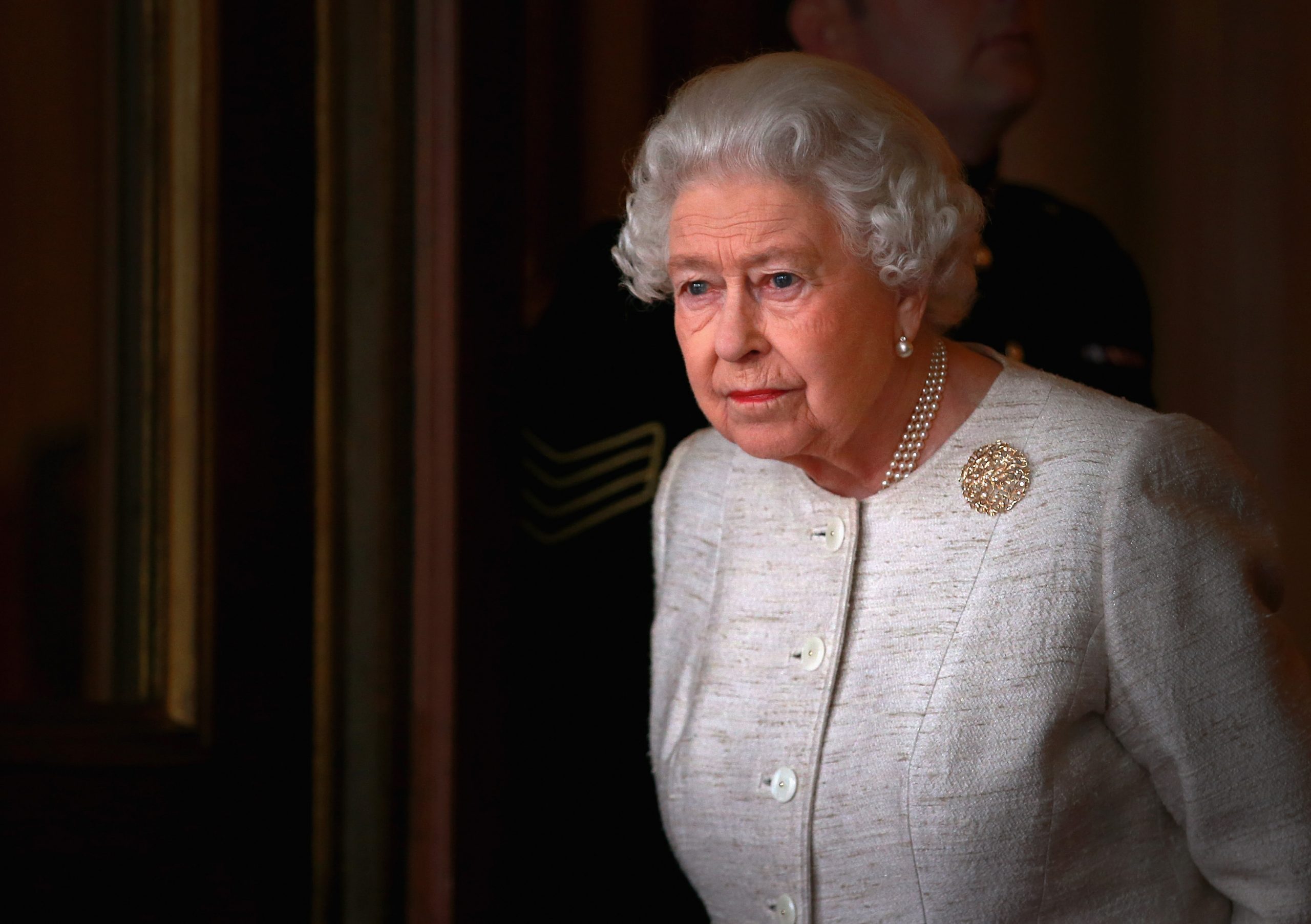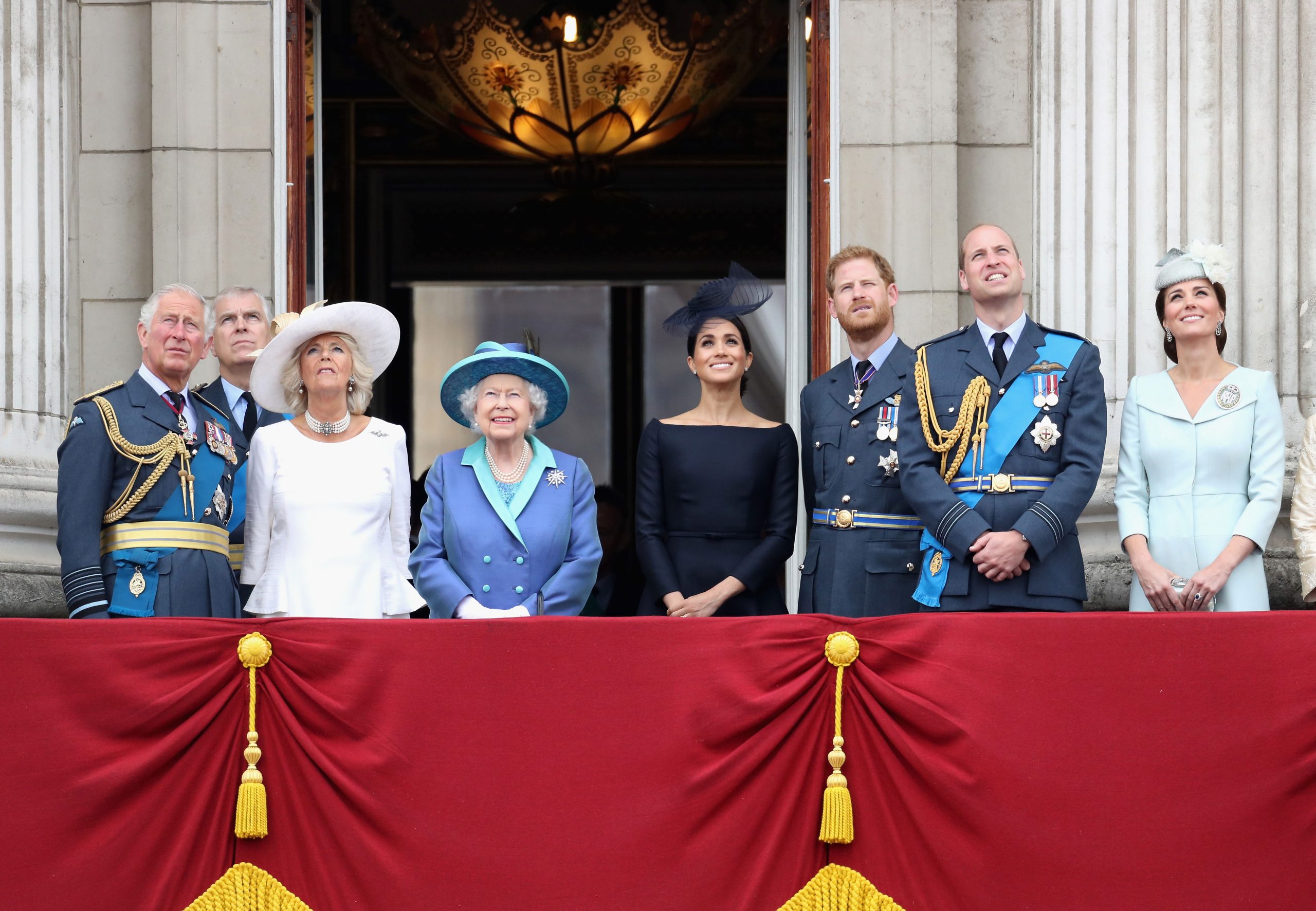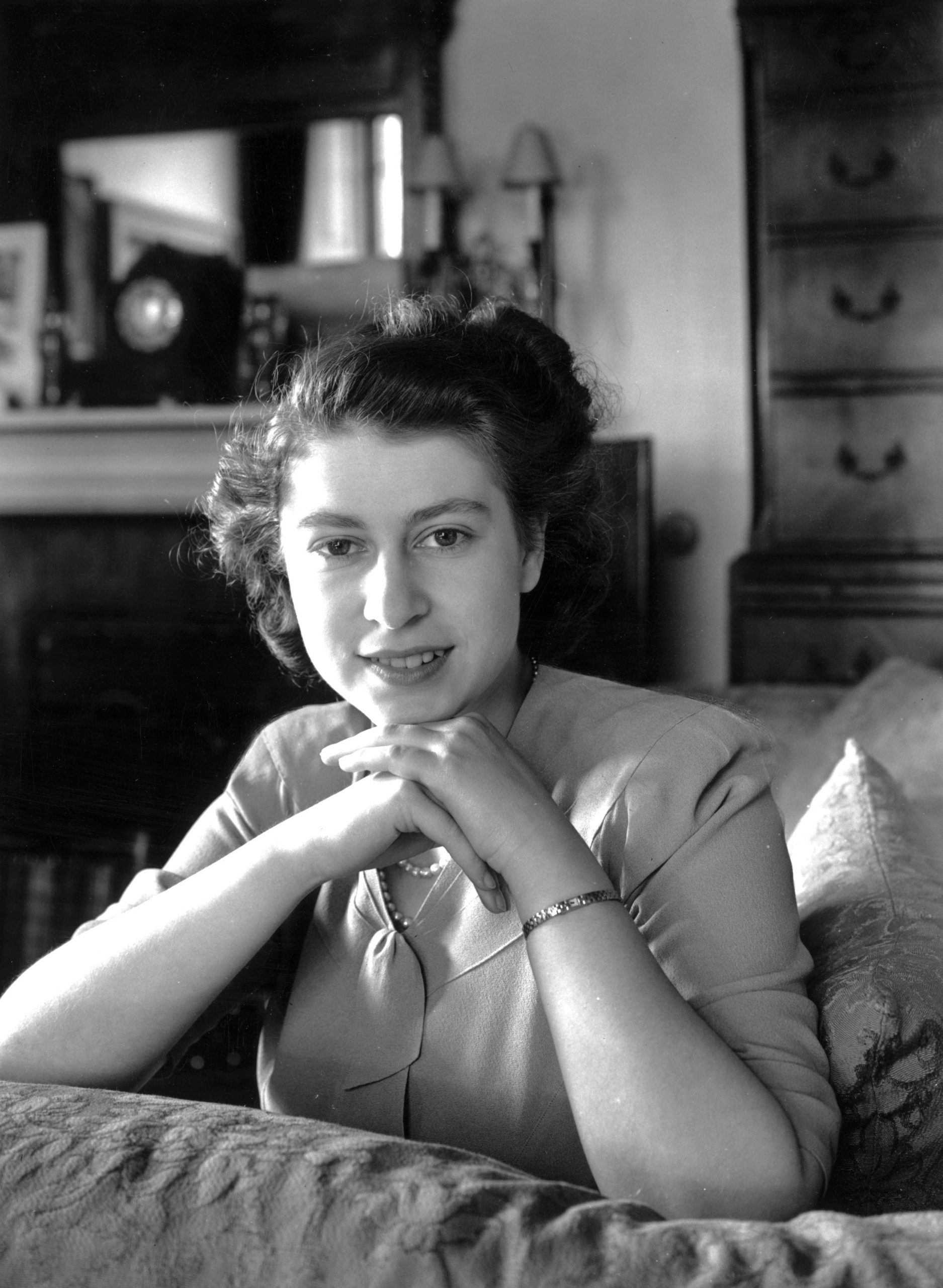
There is never a moment, under a monarchy, in which a country does not have a queen or king; never a moment, that is, in which the people of that country are not subjects of a monarch. The next in line has usually been appointed from birth – they live their lives knowing their time will come, and we, the subjects, live ours knowing that the balance of power will someday shift – that one monarch will be replaced by another.
That shift has now happened. And, in spite of the inevitability of that moment, it was still a shock – or rather, it was shocking, because, in a sense, the death of a 96-year-old can never truly come as a shock. But it was shocking – because only a matter of days before, newspapers were printing images of a frail, but sprightly looking Queen, greeting the country’s new Prime Minister. Shocking because the death was announced only hours after we learnt that the Queen was under medical supervision at Balmoral. Shocking, most of all, because, in an instant, the nation’s enduring figurehead of seven decades was, simply, gone.
We had not lost our monarch because we never lose our monarch – in the very instant that one dies, as I say, the next assumes their ordained position. And yet, no matter how familiar a figure Charles may cut, no matter how aware we were that some day soon he would ascend the throne, who in this country did not wake up the day after the news feeling alienated by the sound of the words, King Charles III?

The answer, I would wager, is very few – far fewer, I suspect, than the number of British subjects who would declare themselves a loyal monarchist. As a child, I was staunchly opposed to the monarchy. I used to precociously declare my desire to ‘abolish the civil list!’ in the school playground. The older I got, the more my feelings mellowed; though I remain a republican, I do feel less overtly hostile to the Royal Family. They are a part of British culture, like Big Ben or the Tower of London. And I found the Queen’s death shocking – because it marks the loss of something greater than one individual.
I know this sentiment about the Royal Family as a quaint British tourist attraction may be inflammatory to many committed republicans, who firmly believe in the abolition of the monarchy – and all that it stands for. One such declaimer implied views to this tune in a tweet, just hours before the announcement of Queen Elizabeth’s death: the basic attack, levelled at the colonial legacy of the British Empire, may have been acceptable; the verbal assault on a dying woman, however, was not.
I cite this merely to draw attention to the fact that, overwhelmingly, responses to the Queen’s death have been reverent, respectful, and incisive – and that those that have not, were the outliers. In other words, whether we were among those waving Union Jacks over the Jubilee weekend, or were rolling our eyes at the happy supplication of royal subjects – the will to be underlings to a single super-rich, super-elite family – we were, most of us, united in sensing the large and strange hole that the passing of Queen Elizabeth opened in our sense of national identity.
It’s been a strange few years for Britain’s sense of self. First, the ignominious plunge out of Europe; then, the string of failed governments, coalitions, hung parliaments, premature general elections; then the pandemic, which nearly killed our Prime Minister; lately, Tory scandals over drunkenness, perversity and sewage; and now the reckoning with another recession and a cost-of-living crisis. As a country, all of this begs the question of who we are – and how we define our national identity.

The term ‘existential crisis’ defines an inner conflict characterised by the profound sense that life is vacuous, that it lacks meaning. To experience a national existential crisis would mean, then, to experience a sense of civic doubt, a feeling of emptiness on a countrywide scale, an impression that to be a subject of one’s own nation is to be without collective identity or meaning or purpose. Some of us may already have experienced these sensations in recent years – but the last bit of “national glue” (to borrow Andrew Neil’s term) dried up with the passing of the Queen.
I have long felt a quiet sense of embarrassment about being British, and a desire to foreground the parts of my heritage that are not British. But, amidst all the furore, I chanced upon an article that forced me into a confrontation with myself and my shamefaced sense of national identity.
This article had been written by my grandfather, as one of a number of pieces that he wrote for his grandchildren when we were young. My grandfather is one of those rare people alive today who can still recall the death of the last monarch, George VI – and it was on this subject that the article I discovered had been written. “The nation had awoken on that Wednesday morning, 6th of February 1952, to hear that the King had died in his sleep. I felt devastated”, my grandfather writes. “It struck me very deeply”.
My grandfather was born in Iraq to an Iraqi mother and a Scottish-Italian father, raised in India (where his father was stationed in the army), and didn’t see England until he was in his 20s. And yet, here he is in 1952, devastated by the death of a king of whose country he has only recently become a subject, and whose funeral procession he would solemnly attend a few days later. “With great sadness and mourning was the death of a king borne,” my grandfather writes, “yet at the same time with great pride the nation welcomed their queen. This turning point in the history of Britain set into motion fresh beginnings and so dawned the new Elizabethan age”.

For all my cynicism and avowed republicanism, my grandfather’s article threw a little hook from the past out towards me: a small sense of continuity, a reminder that each moment lives through its own crises, finds ways of shaping itself to fit the present, and moulds collective identity out of adversity, not stability.
It may be difficult today to muster the same sense of hopefulness and pride about our new Carolean age that my grandfather – and indeed many of our grandparents – may have felt about the dawning of the Elizabethan age. But whatever we may feel about the monarchy, about Britishness, about nationalism, there are still things that bind us – and perhaps, out of this shared existential moment, we may find some sense of togetherness.




